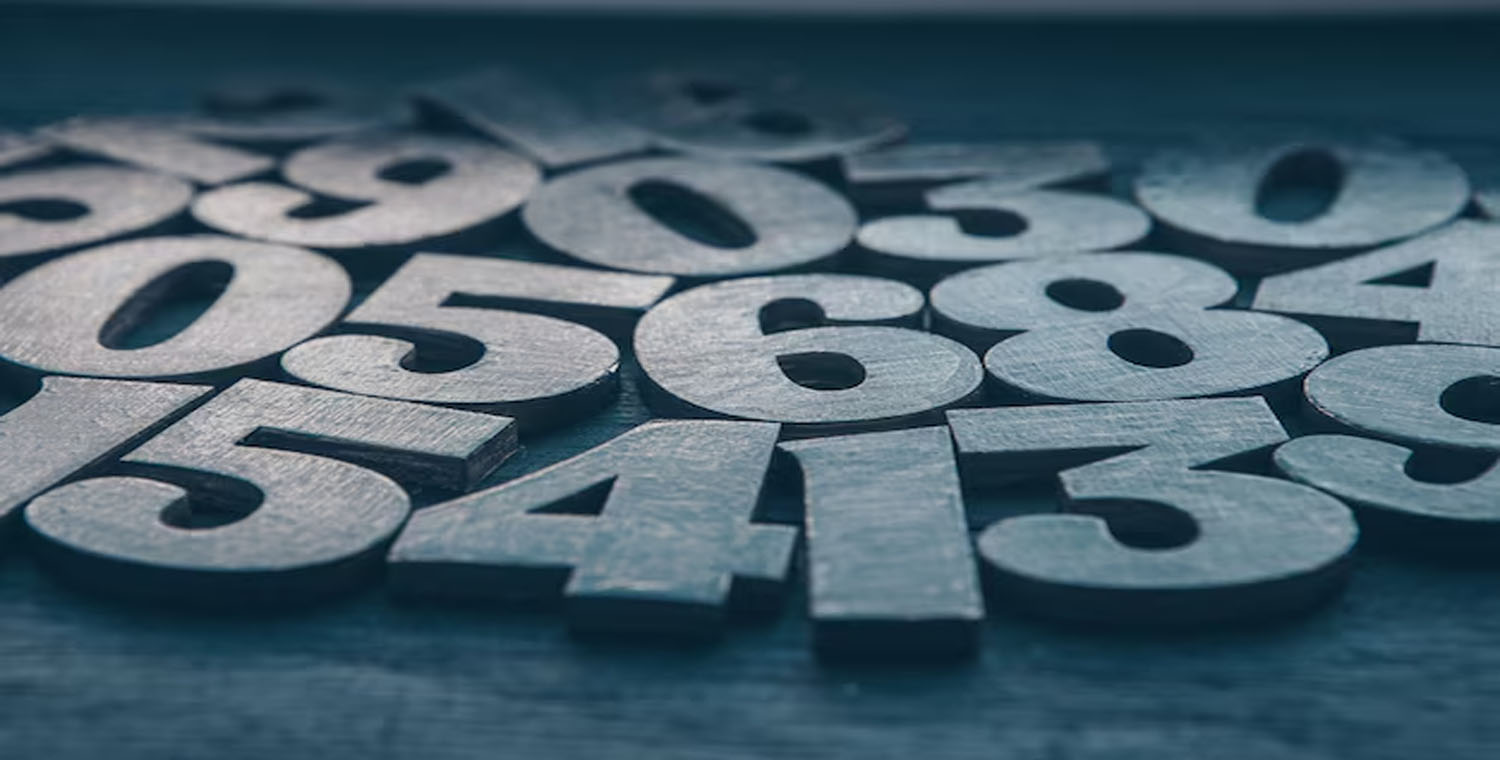In our modern world, numbers play a crucial role in our daily lives. They serve as identifiers, convey meaning, and can even evoke emotions. The number 661-596-7750 may appear as just a standard phone number, but it opens the door to a rich exploration of the broader implications of numbers in communication, culture, psychology, and technology. In this article, we will delve into these themes to uncover the significance behind this sequence.
I. Understanding Phone Numbers

1. The Function of Phone Numbers
At its core, “661-596-7750” is a telephone number, which facilitates communication in our interconnected society. Phone numbers have evolved into more than just a sequence of digits; they embody connections, relationships, and identity.
- Facilitating Communication: The primary purpose of a phone number is to enable people to connect with one another. In an era where communication is instantaneous, having a reliable phone number is essential for both personal and professional interactions. Whether it’s coordinating plans with friends or discussing business deals, phone numbers are integral to our communication landscape.
- Privacy Concerns: Despite their utility, phone numbers can also raise privacy issues. As the frequency of scams and unsolicited calls rises, individuals are increasingly cautious about sharing their numbers. This tension between the need for connectivity and the importance of privacy has become a significant concern.
2. The Evolution of Communication Technologies
The role of phone numbers has transformed dramatically over time, particularly with the advent of new communication technologies.
- From Landlines to Mobile Phones: Initially, phone numbers were tied to landlines, restricting mobility. The introduction of mobile phones allowed individuals to carry their numbers wherever they went, significantly changing how we communicate. Mobile phones have become extensions of our identities, making their associated numbers even more significant.
- Digital Communication Platforms: Today, communication has expanded beyond traditional phone calls to include text messaging, social media, and video conferencing. Many applications require phone numbers for verification and connectivity, further embedding these numbers into our digital lives.
II. Cultural Interpretations of Numbers
Numbers can carry different meanings across cultures and contexts. The sequence “661-596-7750” can be explored for its cultural significance and possible numerological interpretations.
1. Numerological Analysis
In numerology, numbers are believed to hold specific energies and characteristics. By breaking down the digits in “661-596-7750,” we can explore potential meanings.
- Calculating the Sum: Let’s sum the digits:6+6+1+5+9+6+7+7+5+0=526 + 6 + 1 + 5 + 9 + 6 + 7 + 7 + 5 + 0 = 526+6+1+5+9+6+7+7+5+0=52Next, we reduce 52 to a single digit:5+2=75 + 2 = 75+2=7
- Interpreting the Number 7: In numerology, the number 7 is associated with introspection, spirituality, and a quest for knowledge. It signifies a deeper understanding of the world and encourages individuals to seek truth and wisdom. This could reflect the complexity of human communication, where deeper connections often require more than surface-level interactions.
2. Cultural Perspectives on Numbers
Numbers are imbued with meaning across various cultures, often based on historical or linguistic contexts.
- Western Views: In many Western cultures, certain numbers are viewed as lucky or unlucky. For example, the number 7 is often seen as lucky, while 13 can be considered unlucky. Such cultural beliefs can influence how people perceive and respond to different numerical sequences.
- Eastern Views: In Chinese culture, numbers carry significant meanings based on their pronunciation. For instance, the number 8 is highly auspicious, as it sounds similar to the word for wealth. This cultural perspective can impact decisions related to business, relationships, and personal life, including the choice of phone numbers.
III. Psychological Effects of Numbers
The psychological implications of numbers are profound, particularly concerning personal identity and social connections. The phone number “661-596-7750” may evoke various emotions and associations depending on individual experiences.
1. Memory and Recognition
- Familiarity and Recall: People often remember specific numbers due to their association with significant events or relationships. For instance, a phone number may remind someone of a childhood friend, family member, or important moment in their life.
- Cognitive Load: The complexity of a number can affect how easily it is remembered. Shorter, simpler numbers are typically easier to recall, which is why businesses strive for catchy phone numbers in their marketing strategies.
2. Emotional Associations
Numbers can evoke emotional responses based on personal experiences.
- Comfort and Connection: Familiar phone numbers can provide comfort and a sense of connection, especially during challenging times. Knowing that a loved one is just a call away can be a source of reassurance.
- Stress and Anxiety: Conversely, calls from unknown numbers can induce anxiety. The fear of spam or unwanted communication leads many to ignore calls from numbers they do not recognize, highlighting the psychological impact of numerical associations.
IV. The Impact of Technology on Numbers
1. The Digital Transformation
In today’s digital landscape, the role of phone numbers is undergoing significant change. Technology has redefined how we perceive and utilize these identifiers.
- VoIP and Internet Communication: Voice over Internet Protocol (VoIP) services enable users to make calls over the internet, which blurs the lines between traditional phone numbers and digital communication. This transformation reflects the increasing versatility of numbers in modern life.
- Changing Norms in Communication: As messaging apps and social media platforms gain traction, the traditional concept of a phone number is evolving. Many people now prefer to communicate through applications that rely on internet connections rather than conventional phone lines.
2. The Future of Communication
As technology continues to advance, our perception and usage of phone numbers will likely evolve.
- Biometric Identification: With growing concerns about security, biometric identification methods—such as fingerprints and facial recognition—may replace traditional phone numbers for verification and identification in various contexts. This shift could redefine the role of numbers in personal and professional settings.
- Artificial Intelligence: AI is beginning to influence how we interact with numbers. Smart assistants like Siri and Google Assistant are managing calls and messages, reflecting the growing complexity of our relationship with numbers and technology.
V. Personal Identity and Phone Numbers
1. The Role of Numbers in Personal Identity
In contemporary society, phone numbers serve as unique identifiers that connect individuals to various facets of their lives.
- Social Connections: A phone number often represents a network of relationships. Losing a number can mean losing touch with someone important, making it a vital component of personal identity.
- Professional Connections: In the workplace, a phone number is crucial for communication. It can represent a point of contact in business, emphasizing the role of effective communication in career development.
2. Emotional Attachments to Numbers
Many individuals develop emotional attachments to their phone numbers, especially if they have had the same one for a long time.
- Nostalgia: A phone number can evoke feelings of nostalgia, reminding individuals of significant life events, friendships, or family connections. These memories can enhance the emotional value associated with a number.
- Fear of Change: Changing a phone number can lead to anxiety about losing connections. The attachment to a number often symbolizes stability in a world that is constantly changing.
VI. The Broader Implications of Numbers in Society
1. Numbers as a Universal Language
Numbers serve as a universal language that transcends cultural and linguistic barriers, facilitating communication across diverse groups.
- Global Connections: In our globalized society, numbers enable individuals to connect across borders, facilitating trade, travel, and diplomacy. This interconnectedness underscores the importance of numerical identifiers in fostering relationships.
- Shared Experiences: Numbers can also symbolize shared experiences, such as significant events or milestones that resonate across cultures. This shared understanding highlights the importance of numbers in bridging gaps between diverse communities.
2. Ethical Considerations
As technology continues to evolve, ethical considerations surrounding numbers become increasingly important. The handling of personal information, particularly phone numbers, raises questions about privacy and security.
- Data Protection: In an era of data breaches and cyber threats, protecting personal information is essential. Understanding the implications of sharing phone numbers is critical for maintaining privacy and security in both personal and professional contexts.
- Responsible Sharing: Individuals must be mindful of how they share and use phone numbers, ensuring that they balance the need for connectivity with the importance of privacy.
VII. Conclusion
The phone number “661-596-7750” serves as an intriguing entry point into the broader significance of numbers in our lives. From their role in communication and cultural interpretations to their psychological effects and personal identity, numbers shape our understanding of the world and influence our interactions with others.
As we navigate an increasingly digital and interconnected landscape, recognizing the multifaceted meanings of numbers remains vital. They are not merely symbols but reflections of our experiences, relationships, and identities. Embracing this understanding can deepen our connections with others and enhance our appreciation for the numerical tapestry that surrounds us.
In a world where technology and communication continue to evolve, the importance of understanding numbers remains crucial. They will continue to shape our interactions, identities, and societal structures for years to come. Whether as identifiers in our digital lives or symbols of connection, numbers will always be an integral part of the human experience.













Leave a Reply